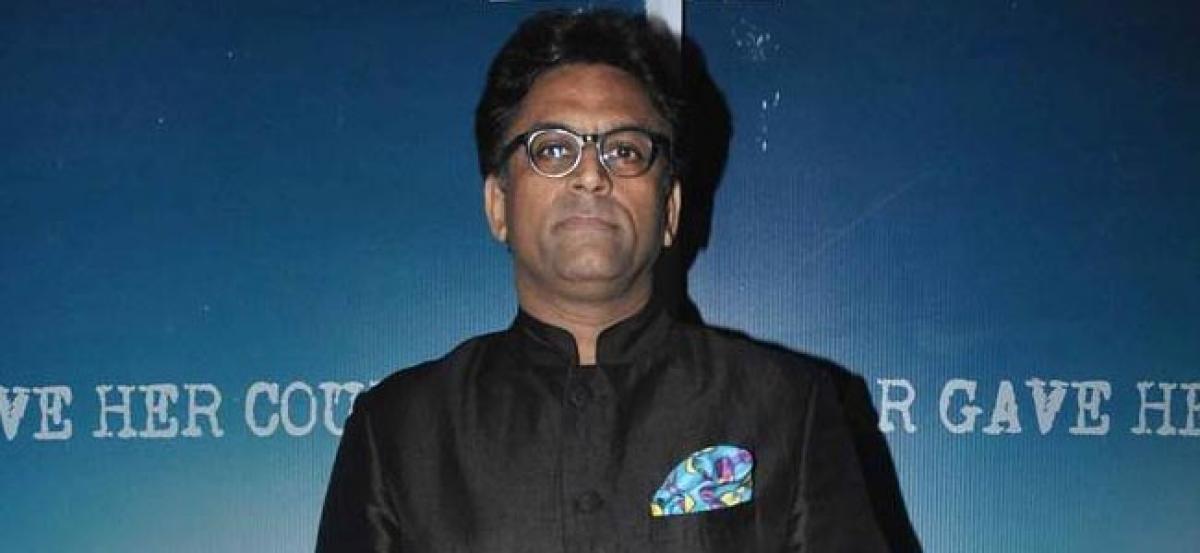Live
- Andhra college student jumps to death from hostel building after petty spat
- Bengal: ED investigating bank accounts of Bangladeshi citizens arrested in Hawala scam
- National Racing C'ship: Tijil Rao dominates in Formula LGB4 title race
- Hyderabad Comic Con: A Thrilling Celebration of Comics, Gaming, and Pop Culture
- Football: Trio leave Spain squad, Barrios gets call-up for Nations League clash with Swiss
- Dragon boat races during water festival in Cambodia ends with award ceremony
- Manipur bodies recovery: Widespread mob violence reported, curfew imposed, mobile internet suspended
- WPGT 2024: Hitaashee doubles lead to six shots in 14th Leg; Nayanika Sanga, Vidhatri Urs in pursuit
- Despite ideological differences, Cong has highest respect for Balasaheb Thackeray: Priyanka Gandhi
- Waqf row: BJP to stage protests before DC offices across Karnataka









